Inside squalid home where baby died
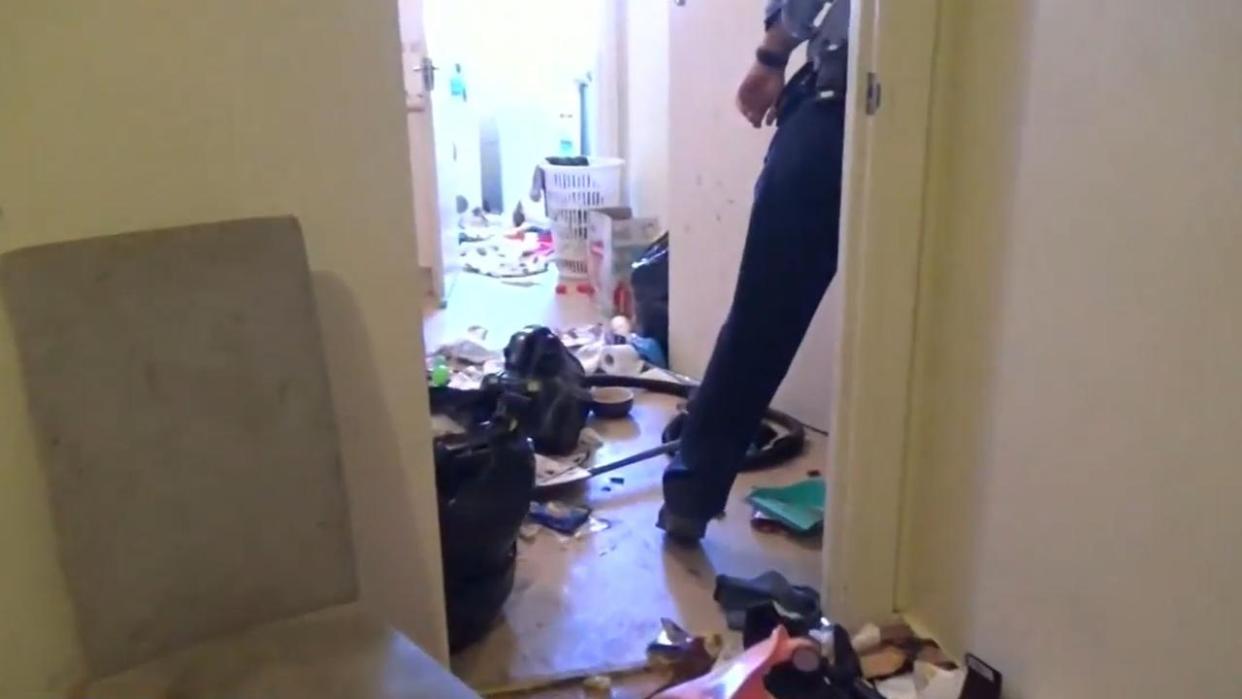
The death of a 10-week-old child, who lived his short life in a squalid South Australian home littered with faeces and rotten food, may have been prevented had authorities responded to reports made in the lead up to the tragedy, a coroner has found.
The child’s death was the subject of an inquest across late 2022 before Coroner David Whittle handed down his findings this week.
Neither the child nor his family can be identified for legal reasons and he was given the court-appointed pseudonym “Caleb Evans”.
The coroner found that Caleb died on 30 November, 2018 “as a result of an unascertained cause, in an unsafe sleeping environment, on a background of respiratory tract infection”.
Caleb died when he was just shy of 11 weeks.
He was the third child of his mother, who was just 17 when he was born.
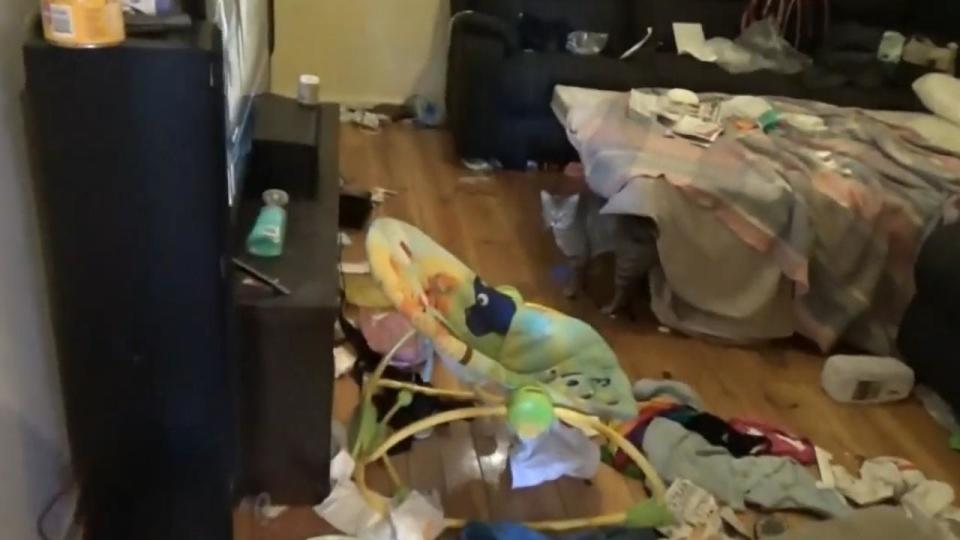
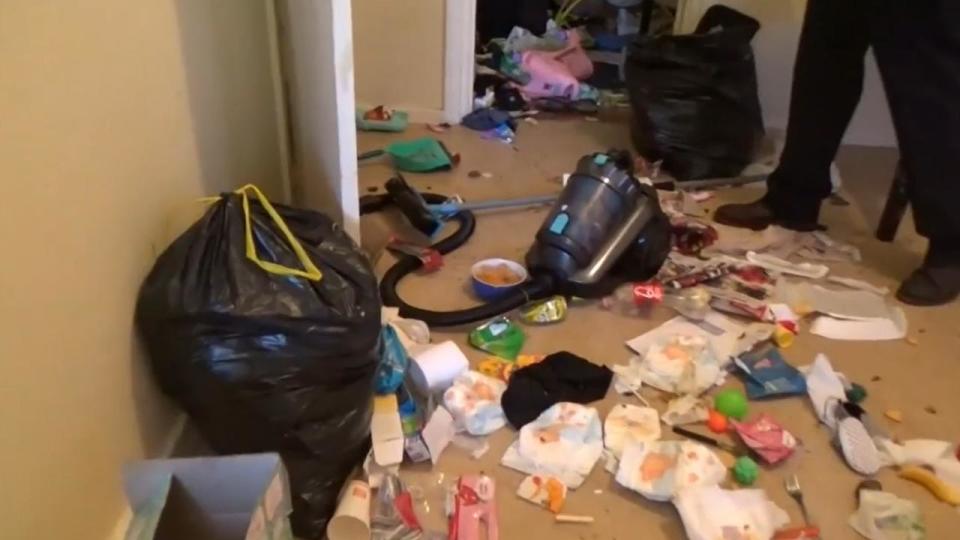
His mother gave birth to her first child at 14 and the Department for Child Protection (DCP) received numerous notifications about her capacity to care for her children, the court heard.
The last time concerns were raised with authorities about Caleb’s mother was on 20 November, 2018 - ten days before he died.
The mother told police, and stated in an affidavit, that she fell asleep on the sofa cradling her child, with his head propped up on her arm.
When she woke in the middle of the night, Caleb was unresponsive.
Her account was that she woke up at 3.45am on 30 November 2018 “anticipating baby Caleb to wake up for a bottle,” the coroner said in his findings.
“She looked at baby Caleb and he was very pale, so she put her hand on his forehead and felt that he was cold. She grabbed her mobile phone and immediately called for an ambulance.”
Caleb had flatlined by the time paramedics arrived and he was taken to Port Pirie Hospital where he was pronounced dead.
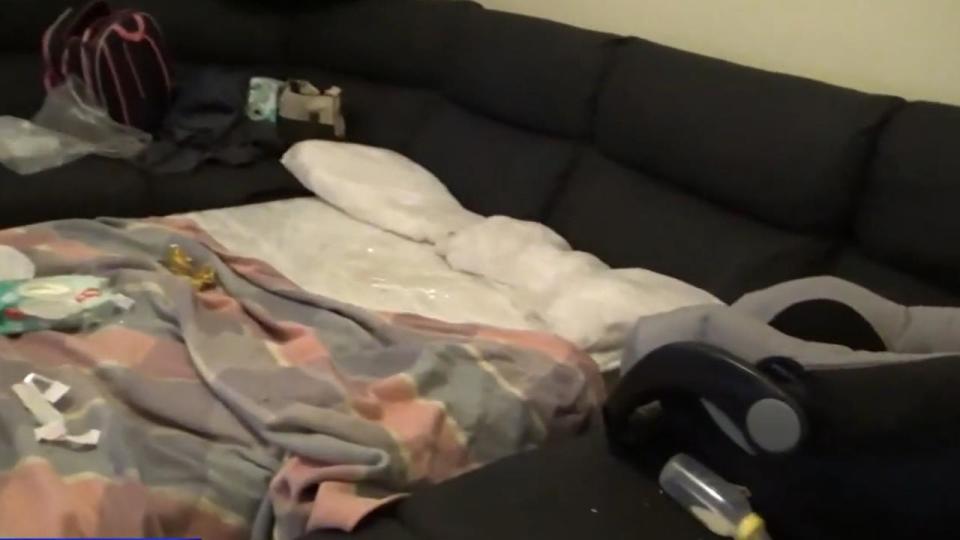
One officer described the house as being in a “dirty, untidy, disgusting state”, the court heard.
Police found faeces on the floor, rotten food in the pantry and on the stove, baby bottles containing curdled milk and a cockroach infestation in the house.
“Inside all rooms of the house there was a strong smell of urine, faeces and rotting food,” the coroner said.
Mr Whittle concluded: “I find that the home was likely in a squalid state for a number of months in the lead up to baby Caleb’s death - likely for the entirety of his short life.”
Baby Caleb was unwell in the weeks leading up to his death, the court heard, and was diagnosed with a respiratory tract infection on November 6.
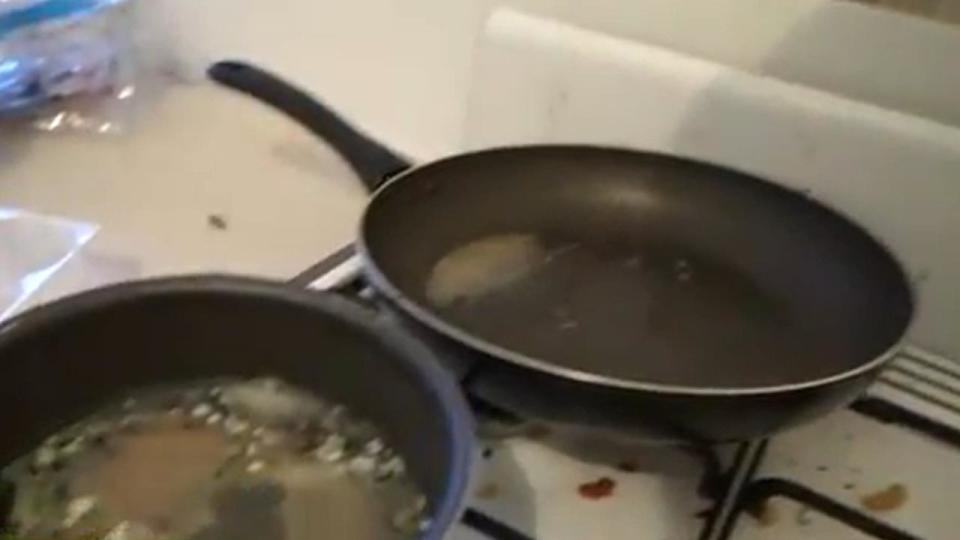
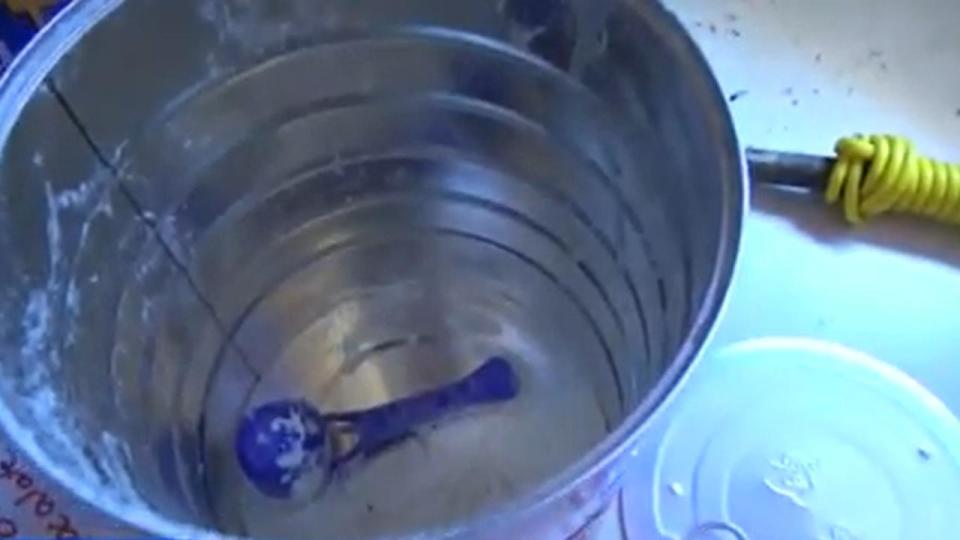
Mr Whittle found that there were opportunities to intervene in his case and remove him from his home.
“DCP submitted that the evidence supports a finding that DCP could not have prevented baby Caleb’s death; nor had DCP caused or contributed to the death,” Mr Whittle said.
“I disagree. It is clear that there were opportunities for DCP to have intervened in a manner which would have prevented baby Caleb from living and sleeping in the environment he was in at the time of his death.
“It was accepted on behalf of DCP that it is reasonable to conclude that, if DCP had taken action in response to the notification of 20 November 2018, rather than closing it with no action, then baby Caleb would have been removed from that squalid home environment.”
Mr Whittle said that had Caleb been in a clean, safe environment and sleeping in a cot, “this may have prevented his death.”
He said that the alert to DCP on November 20, 2018 should have resulted in a children protection response and a visit to the family home.
He also said that DCP’s response to Caleb’s death to ensure the safety of his siblings was “inadequate”.


